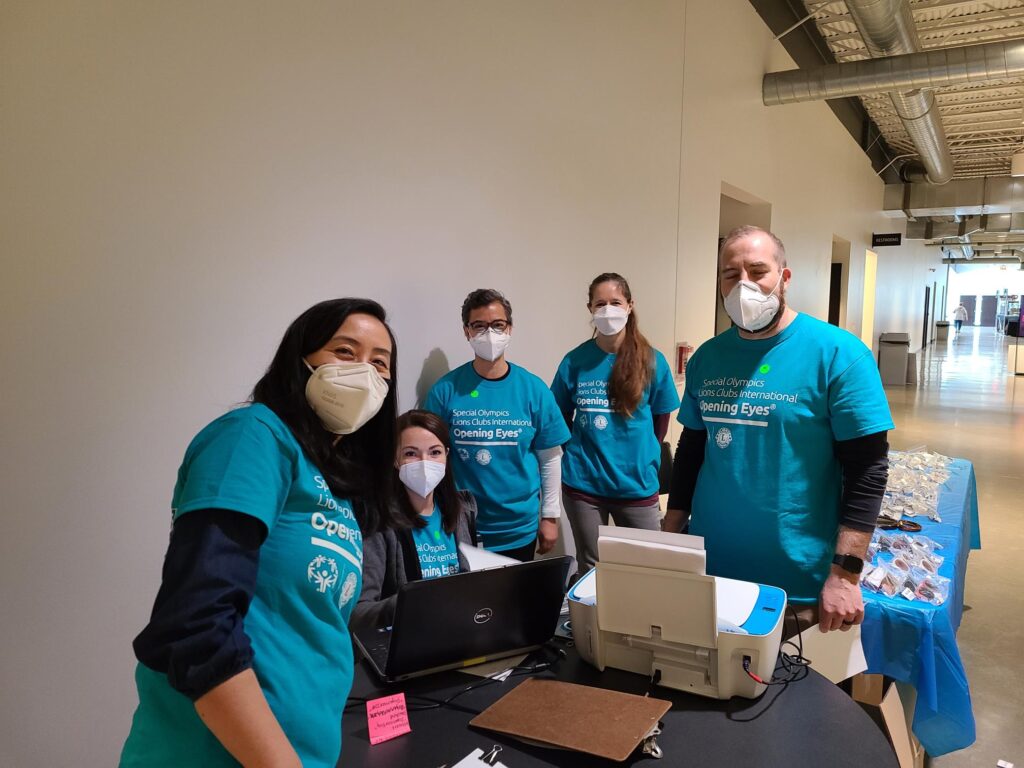A concussion is defined as a head injury that results in a temporary loss of brain function. After a concussion occurs, many symptoms can persist for weeks, months, or even years after the initial injury. Concussions can be caused from any blunt force or trauma to the head (sports injuries, car accidents, etc..).
Symptoms associated with Post-Concussion Syndrome are:
- Headaches
- Mental and/or physical fatigue
- Decreased attention span
- Increased irritability
- Emotional distress and anxiety
- Trouble with sleeping
- Vertigo and nausea
- Sensitive to bright lights
- Visual memory problems
- Recurrent double vision
Below is a series of signs that are associated with Post-Concussion Syndrome:
- Unstable peripheral vision
- Neuromotor problems with balance, posture, and coordination
- Convergence insufficiency
- Accommodative insufficiency
- Poor fixations and pursuits
Numerous studies have shown vision therapy to be helpful in fixing the signs associated with Post-Concussion Syndrome. According to Dr. Michael Collins, the Director of the University of Pittsburgh Medical Center (UPMC) Sports Medicine Concussion Program, many patients with Post-Concussion Syndrome respond best to a well-balanced rehabilitation program that includes vision therapy.





